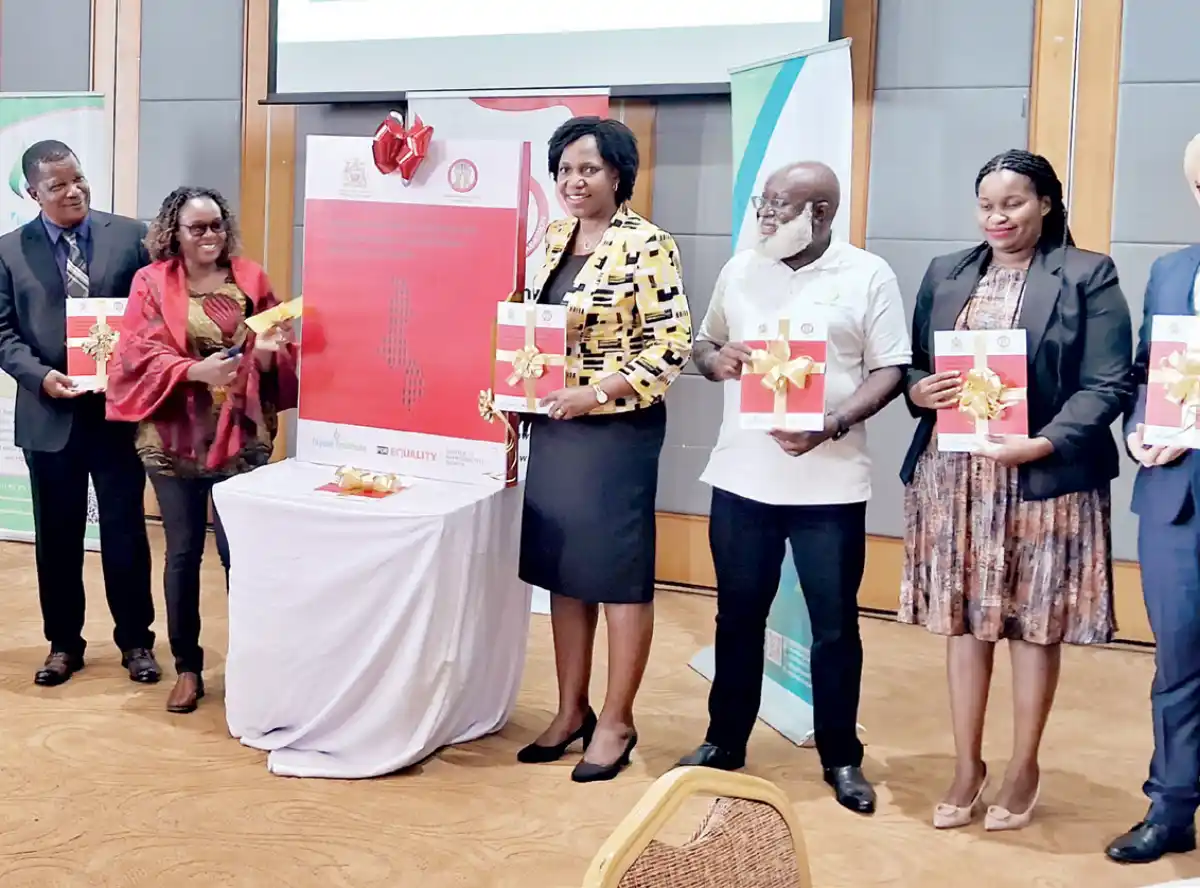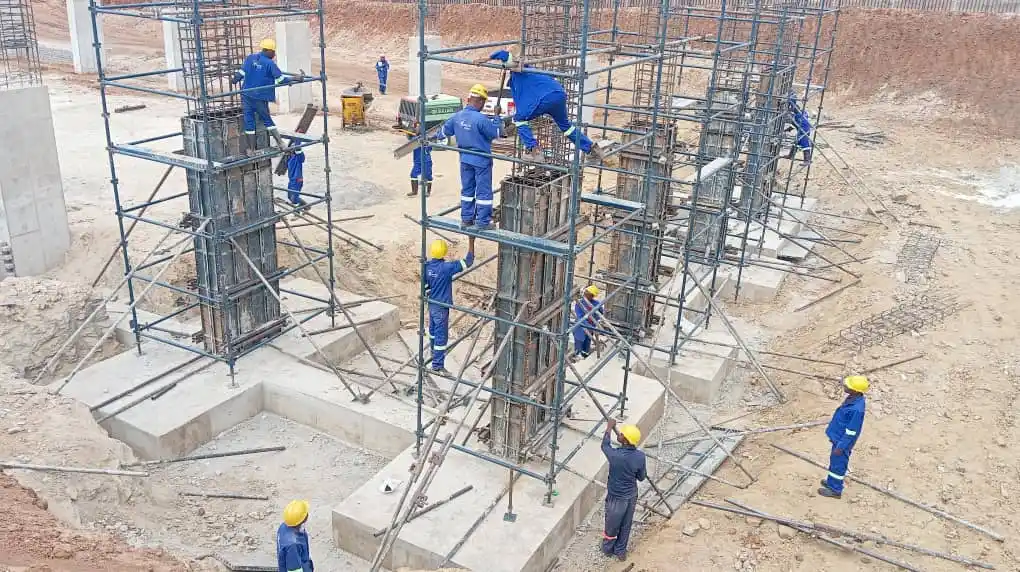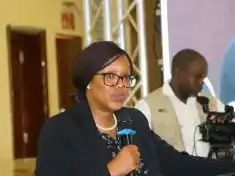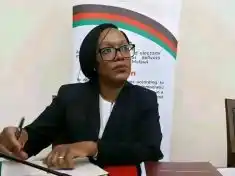
By Macdonald Thom:
An assessment by the Malawi Human Rights Commission (MHRC) has revealed “significant gaps” in the provision of comprehensive abortion care in the country.
The assessment, conducted in collaboration with the Nyale Institute for Sexual and Reproductive Health Governance, examined facility readiness for comprehensive abortion care, focusing on facilities in Lilongwe.
One of the key issues identified is that, in rural areas, the availability of self-abortion services is at 17 percent, whereas in urban areas, it stands at 83 percent.
“Comprehensive abortion care services in Malawi are significantly limited in availability, particularly in public and rural facilities, which serve most of the population,” the report, which was presented to stakeholders in Lilongwe, reads.
It further states that comprehensive abortion care services are hindered by financial barriers and low community awareness, with stigma and misinformation perpetuating unsafe practices.
During the launch of the report, MHRC commissioner Boniface Massa said the findings would help promote sexual and reproductive health rights.
“We cannot promote sexual and reproductive health rights if we do not have clear data. This study has provided us with a picture of what is happening in Malawi and can also offer an overview of what we can do as a country,” Massa said.
Nyale Institute Executive Director Godfrey Kangaude said the findings show that more needs to be done in the provision of abortion services.
Ministry of Health’s Deputy Director responsible for Family Planning, Juliana Kanyengambeta Mubanga, said the government would address the issues uncovered by the study.
“We need to provide training to providers, especially in rural areas, so that people in hard-to-reach areas are assisted,” she said.
The study was supported by the Centre for Reproductive Rights, whose Vice President for Africa, Salima Namusobya, said the assessment is important for building evidence for legal and policy advocacy.
“We believe that legal and policy frameworks are critical to ensuring access to safe and legal abortion for everyone who needs it,” Namusobya said.
She added that her organisation would continue working with its local partners and stakeholders to gather evidence.








0 Comments